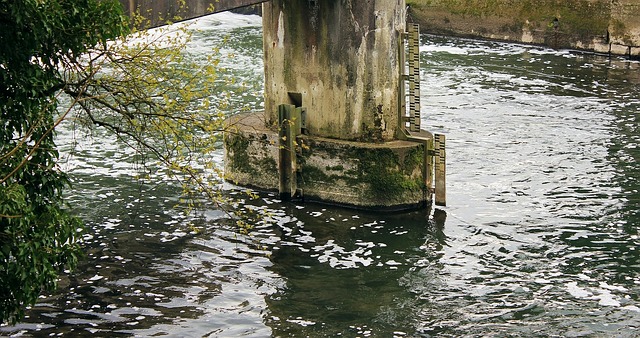
The 2024 BDO Nonprofit Benchmarking Survey Is Out
10.17.2024 | Linda J. Rosenthal, JD

What if $100-million suddenly fell out of the sky to tackle a “critical problem affecting people, a place, or the entire planet?”
The folks at the International Rescue Committee and the Sesame Workshop (of “Sesame Street” fame) will now have the chance to find out. Their joint proposal to help traumatized refugee children overcome “toxic stress” came out on top in a major contest drawing almost 2,000 applicants.
On December 20, 2017, officials of the John D. and Catherine T. MacArthur Foundation formally announced the top prize of the 100&Change competition launched in June 2016.
In the dramatic video introduced by IRC’s President and CEO, David Miliband, and Sherry Westin, Global V.P. of Philanthropy for the Sesame Workshop, the short presentation begins with 2 young children describing displacement and “death everywhere.” Then flashing on the screen are the poignant words: “Every Syrian child under the age of 8 knows only a world of conflict and chaos.”
The title of the winning grant proposal is “Educating children displaced by conflict and persecution” but the concept and goal are so much larger. “In the humanitarian crisis of our time, just a small fraction of aid goes to helping the traumatized youngsters….” These children are “at risk of ‘toxic stress,’ a biological response to prolonged and severe adversity that disrupt’s a child’s brain development…. Yet…[r]esearch shows that nurturing care and learning can reverse the effects of toxic stress, and skills developed in early childhood last a lifetime.”
We’ve followed this contest with interest for the past year and a half; the process, as well as the outcome, has been provocative and exciting.
It was an audacious move that attracted enthusiastic supporters as well as skeptics.
Back in June 2016, the highly respected Foundation announced its intention to award a single, $100-million grant in the “100&Change” competition.
Based in San Francisco, the Foundation has a long and distinguished history of international philanthropy. But the directors chose a new and bold approach, offering an almost unheard-of amount to a single applicant with the best plan to tackle and make significant progress to solve a “critical problem affecting people, a place, or the entire planet.”
It began as an “experiment in openness, in response to criticisms that the philanthropic sector is too insular, not sufficiently focused on impact, and too risk averse….A single grant of $100 million is admittedly a very risky proposition—but …philanthropy is best positioned to provide society’s ‘risk capital’.”
The pitch was for “proposals from any sector” with a “charitable purpose” that are focused on a present-day “critical issue.” Individuals and government entities were excluded from consideration; otherwise, “eligible organizations [could] be of any type, for-profit, nonprofit, or other, from anywhere in the world.” The only limitation: “Each must show the capacity to manage and deliver on the proposed solution.”
From the initial, overwhelming response, contest officials chose some 800 applicants, each of whom submitted a required 90-second video summary. Many have been posted online via YouTube, and are remarkable in the range of innovative projects under consideration; a selective clip is here.
In February 2017, the Foundation announced eight semi-finalists, including project summaries and a video overview on the organization’s website, here.
An important feature of the comprehensive planning for a contest of this magnitude then kicked in: each semi-finalist worked for several months “with an expert team to address questions about its technical and organizational capacity and refine its proposal” and to “demonstrate authentic engagement with their target communities and stakeholders.”
During this consultative phase, for instance, the $100-million joint-project winner – the International Rescue Committee and the Sesame Workshop – made changes to its original proposal. For example, they reorganized the plan to include 3 specific components; conducted research to assess the appeal and relevance of Sesame content; launched a pilot program; set up controlled trials to test platforms for alternative messaging; and made design changes based on community interaction.
The experts submitted assessments to the Foundation’s Board of Directors for aid in selecting up to 5 finalists in September 2017. Four were chosen. There is information about each one at the #100&Change section of the MacArthur website, including a 35-page video of all of the semifinalists’ final pitches, here.
In the formal announcement of the $100-million winner, MacArthur Foundation president Julia Stasch said: “We are compelled to respond to the urgent Syrian refugee crisis by supporting what will be the largest early childhood intervention program ever created in a humanitarian setting.”
The grant funds will be disbursed over a 5-year period.
In an unexpected development, Foundation officials decided to award additional contest prizes: $15 million each to the three remaining finalists:
— Linda J. Rosenthal, JD, FPLG Information & Research Director
